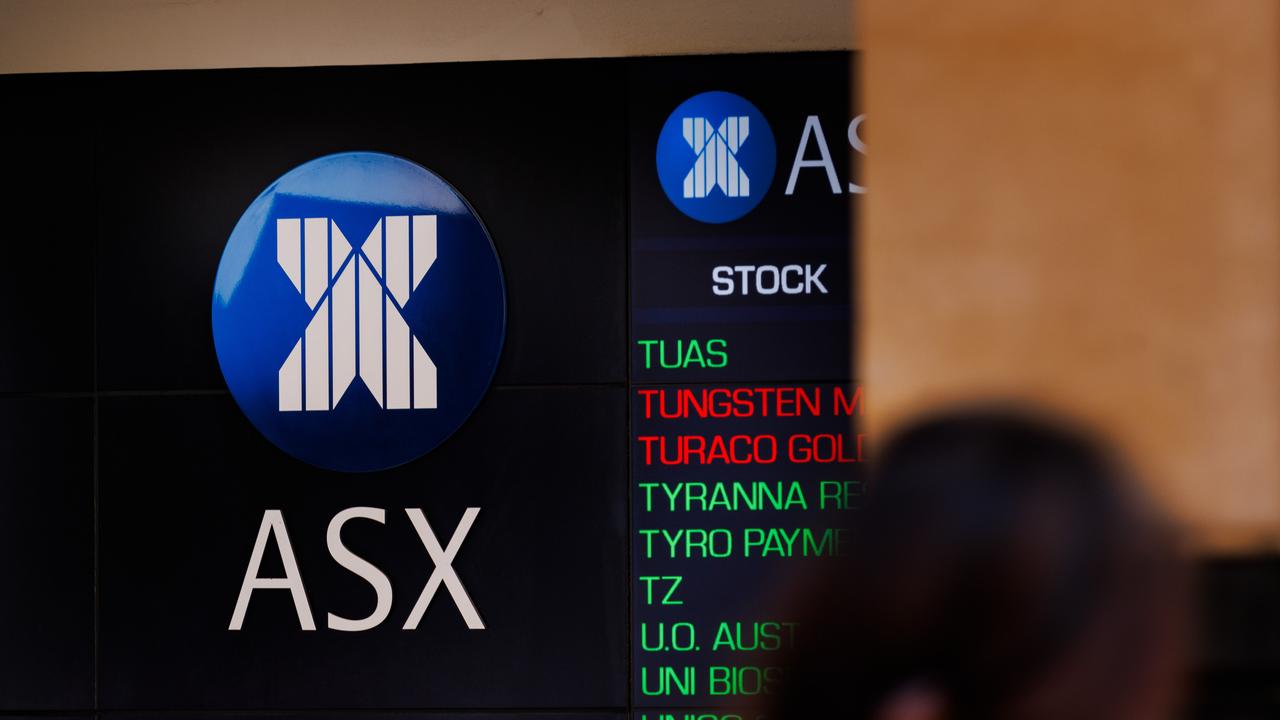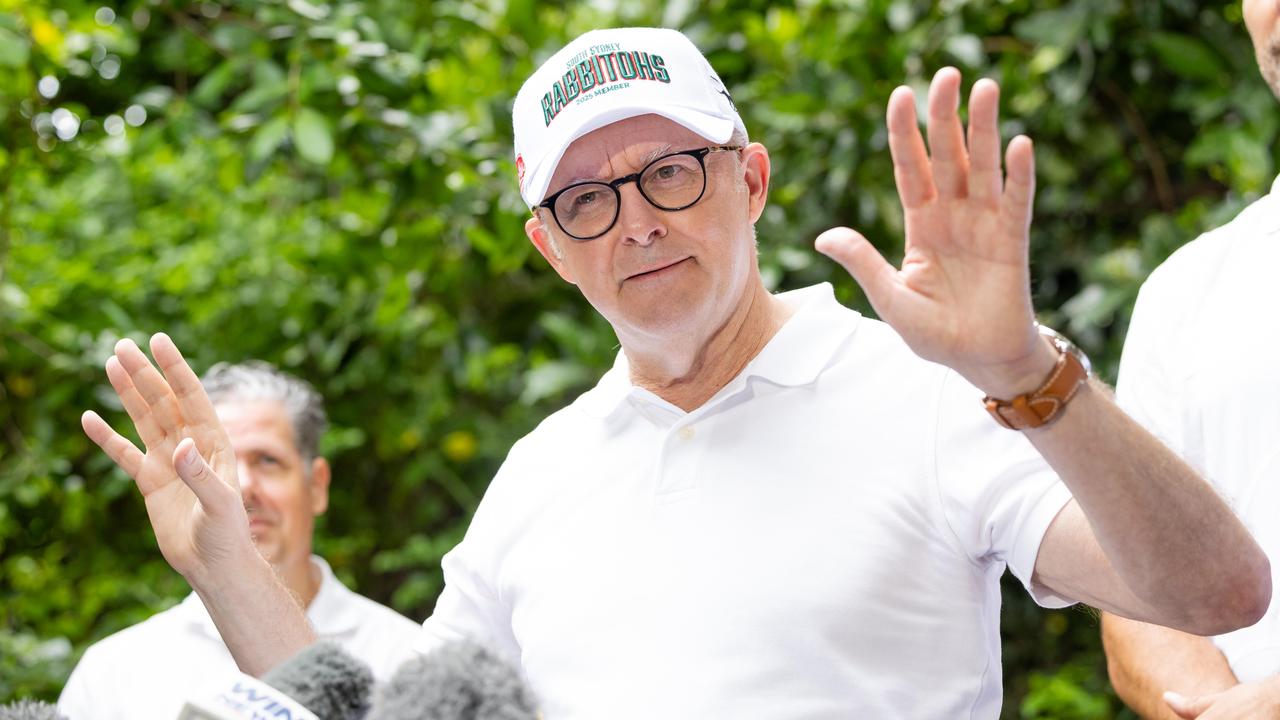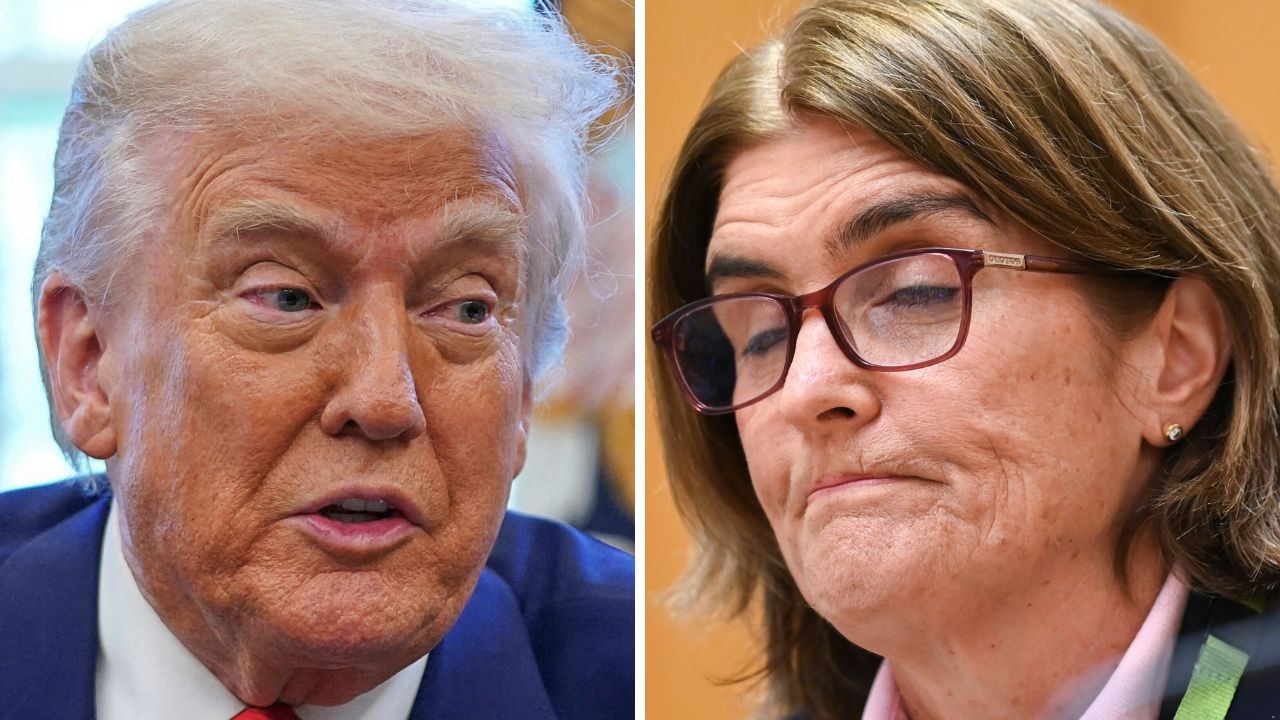Donald Trump withdraws United States from TPP
DONALD Trump has dealt a massive blow to the Turnbull government, killing America’s involvement in the TPP.
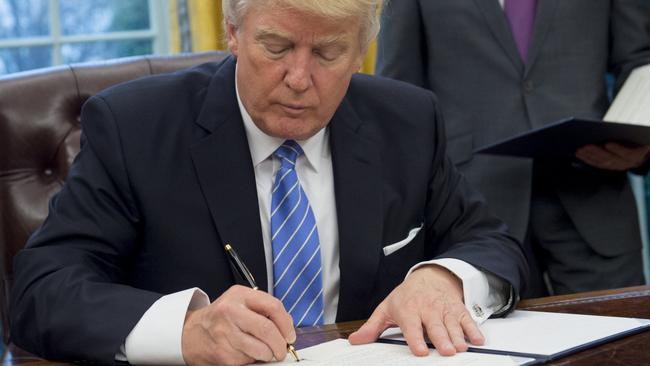
PRESIDENT Donald Trump has killed America’s involvement in the Trans-Pacific Partnership free trade deal with Australia, New Zealand, Japan and eight other Pacific nations.
Mr Trump signed an executive order on Monday to withdraw the United States from the TPP.
“Everyone knows what that means, right?” Mr Trump said at the signing ceremony in the White House.
“We’ve been talking about this for a long time ... It’s a great thing for the American worker.”
It is a major blow to the Australian government, as Prime Minister Malcolm Turnbull had been holding out hope that Mr Trump might not go ahead with his TPP election promise.
Australian Trade Minster Steven Ciobo, who is in the US, said on the weekend he had been speaking with the remaining TPP nations “on ways to lock in the benefits from the TPP” without US involvement.
Withdrawing from the TPP is one of Mr Trump’s first major moves since being sworn in as president on Friday.
Mr Trump said he was pursuing what he called “fair trade”, as opposed to purely free trade, and he had China and Japan in his sights.
He called out Japan for making it “impossible to sell” American cars in Japan. “If you want to sell something into China and other countries it’s very, very hard,” Mr Trump told a meeting of chief executives of some of America’s biggest companies.
“In some cases it’s impossible. They won’t even take your product. But when they do take your product they charge you a lot of tax.
“I don’t call that free trade. What we want is fair trade.”
In the meeting with company heads, including Australian Dow Chemical chief executive Andrew Liveris, who was appointed as one of Mr Trump’s key advisers, the president laid out his plans to cut regulations for businesses in the US and slash the company tax rate from 35 per cent “down to anywhere from 15 to 20 per cent”.
“What we want to do is bring manufacturing back to our country,” he told Liveris and the chief executives of other companies including Ford, US Steel and Lockheed Martin.
He said companies that moved factories out of the US and then tried to sell their products back to America would be punished with a “very major border tax”.
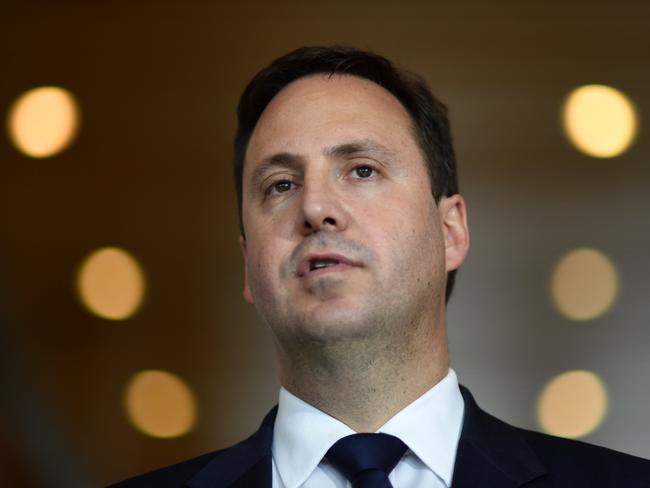
WHAT IT MEANS FOR AUSTRALIA
Mr Trump has made no secret of his desire to pull the US out of the TPP.
In a video statement made in November last year, Mr Trump said the TPP was a “potential disaster for our country” and vowed to bring back industry to the US.
In an interview with the ABC yesterday, Mr Ciobo said he and Mr Turnbull remained committed to the TPP, insisting such a pact was worth pursuing even without the US.
He said such a deal would bring “tremendous” benefits to exporters and the deal could be revised despite the lack of support from the world’s largest economy.
“Access to the US market was no doubt an incentive for a lot of countries,” he said.
“But there is also a tremendous amount of benefit [that has] been able to be achieved under the agreement that countries don’t want to let go.”
Mr Ciobo said Mr Trump’s decision was disappointing but not unexpected.
Despite his discussion of alternatives with Japan, Canada, Mexico, Singapore, New Zealand and Malaysia at the World Economic Forum last week, Mr Ciobo said pushing ahead with the plan “would be a clear statement from the Australian Parliament that we reject protectionism and that open markets are the path to long-term sustainable job creation”.
Opposition leader Bill Shorten declared the TPP “dead in the water” and said pursing the deal was a waste of time.
Labor trade spokesman Jason Clare said he wanted to see economic modelling of whether a deal without the US involved would be as good for Australia.
He also said the government should step up work on bilateral trade deals with Indonesia and India, and look at other regional alternatives including an agreement led by China that includes India, Japan and other southeast Asian countries.
“I suspect with the Americans retreating away from the TPP the Chinese may step up now and try and finalise that agreement,” he told ABC TV.
Mr Clare said the government had made an economic mess of the pact.
“If the government wants to implement Plan B, we need to see independent economic evidence, another parliamentary inquiry and new legislation,” Mr Clare said.
Some experts predict the move won’t have a drastic impact on Australia.
Adam Lockyer, senior lecturer in Security Studies at Macquarie University, said in an interview with news.com.au last November that the loss of the TPP would mean business as usual and that Australia already had important bilateral agreements in place.
Australia already has free trade agreements in place with countries that make up the TPP, including the US, Japan and New Zealand.
These existing arrangements were easier to push through and maintain than multilateral agreements such as the TPP, where the consent of all parties was required, Dr Lockyer said.
A 2016 analysis from the World Bank also found highly developed countries such as Australia would gain little advantage from the pact as we were already fairly free of trade restrictions.
The study also found Australia was less reliant on other factors for economic growth and our economy would only gain 0.7 per cent by 2030 through the pact.
— with staff writers

